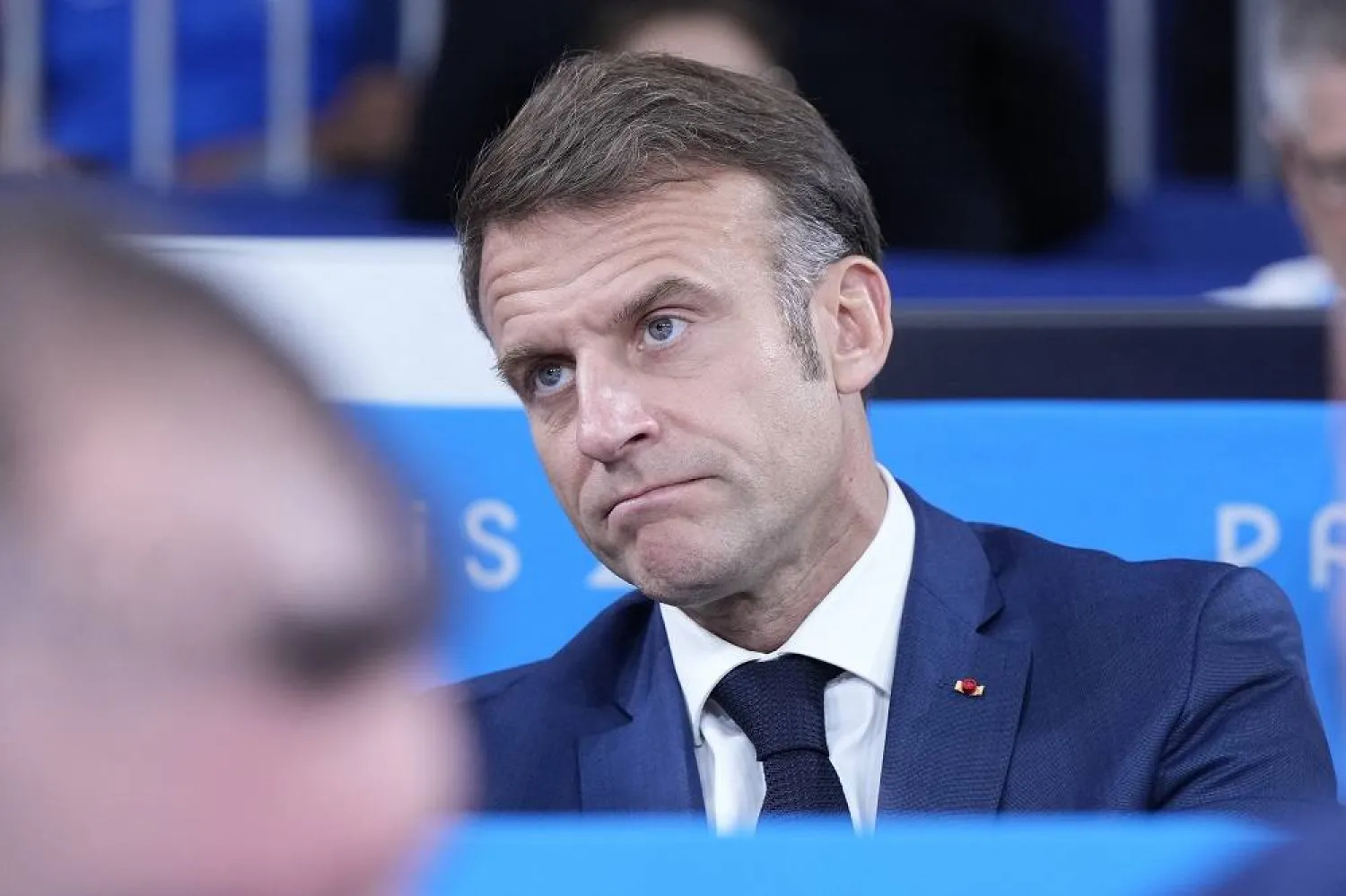France recognizes a plan for autonomy for the Western Sahara region under Moroccan sovereignty as the only way of resolving a long-running dispute over the territory, President Emmanuel Macron said in a letter on Tuesday.
The dispute, dating back to 1975, pits Morocco, which says the Western Sahara is its territory, against the Algeria-backed Polisario Front, which says it is an independent state.
France, as the former colonial power in the region, has walked a diplomatic tightrope between Rabat and Algiers on the issue. Most of France's Western allies already back Morocco's plan.
"For France, autonomy under Moroccan sovereignty is the framework within which this issue must be resolved," according to the letter sent by Macron to Morocco's King Mohammed VI.
"Our support for the autonomy plan proposed by Morocco in 2007 is clear and constant. For France, it now constitutes the only basis for achieving a just, lasting and negotiated political solution in accordance with the resolutions of the United Nations Security Council."
The Royal Palace in a statement welcomed the announcement and said it was a "significant development in support of Moroccan sovereignty over the Sahara."
Macron said in the letter he considered that it was "the present and future of Western Sahara within the framework of Morocco's sovereignty" and Paris would act according to this position domestically and internationally.









